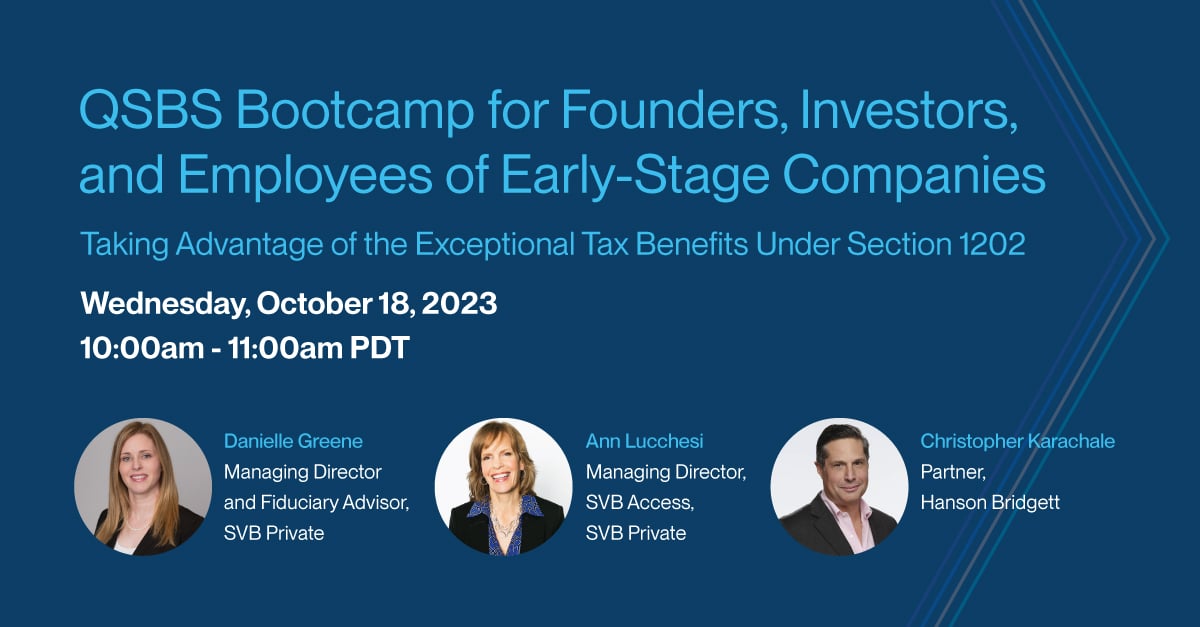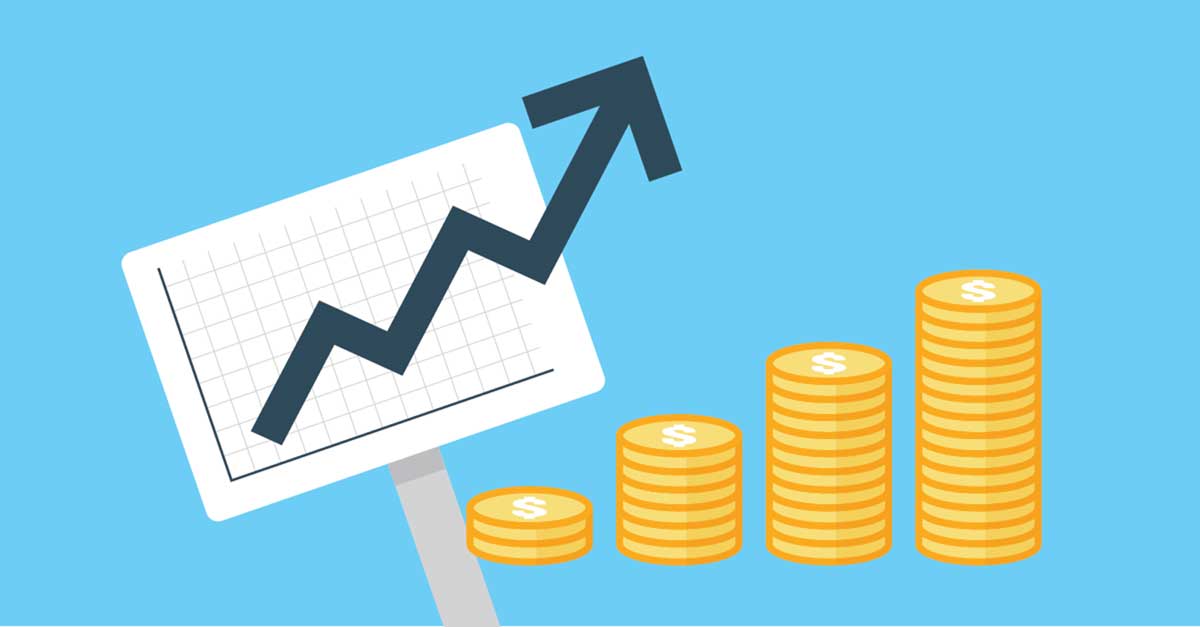We’re pleased to provide you with insights like these from Boston Private. Boston Private is now an SVB company. Together we’re well positioned to offer you the service, understanding, guidance and solutions to help you discover opportunities and build wealth – now and in the future.
Have your taxes been filed this year? If not, there is another reason to avoid procrastinating - The sooner your taxes are filed, the better protected you are against identity theft and fraud. To protect yourself this tax season, read the proven tips below.
How to protect yourself
- File early
Once you have all the documents and information needed to file your taxes, don't wait. Only one tax return can be filed per social security number. If a fraudster steals your information and files before you do, they can take your refund for themselves. - Beware of phishing and other scams
Scammers use many methods to obtain personal information, including impersonating SVB Private or other legitimate companies you may use. See our tips to prevent phishing here. Be vigilant about protecting your information, and if you are concerned about a potential scam, contact SVB Private via email at fraudoperations@svbprivate.com or phone at 1-888-322-2120, Option 2. - Monitor your credit and accounts
You can request a free credit report once per year from each of the three credit bureaus via AnnualCreditReport.com. Consider requesting a report every four months from one of the three bureaus and using an online credit monitoring service as an extra precaution. Additionally, keep a close eye on your bank and credit card activity and report any activity you do not recognize immediately.
Unemployment fraud and identity theft
This year, it’s also important to keep an eye out for signs that your identity was stolen by someone who may have filed a false unemployment claim. The COVID-19 pandemic has caused a significant increase in unemployment and scammers have used this as an opportunity to file fraudulent unemployment claims using stolen identities. This means that if you received a Form 1099-G from the IRS but did not receive unemployment benefits, someone may have filed for unemployment using your personal information. Because unemployment compensation is considered taxable income, the IRS will charge you taxes on unemployment claimed under your identity, even if a scammer received the funds.
If you received a Form 1099-G but did not receive unemployment benefits in 2020, the IRS urges you contact the appropriate state agency immediately to request a corrected form.
What to do if you think you are a victim
Contact SVB Private right away at fraudoperations@svbprivate.com or 1-888-322-2120, Option 2 if you think you may be a victim of identity theft. We will work with you to secure your account.
For additional help, visit the IRS Taxpayer Guide to Identity Theft to get specific steps to help with tax-related identity theft.















